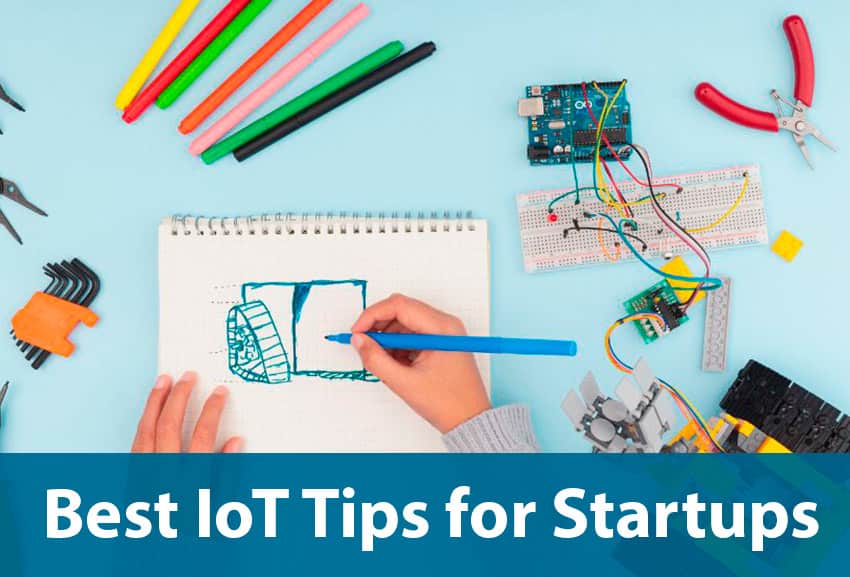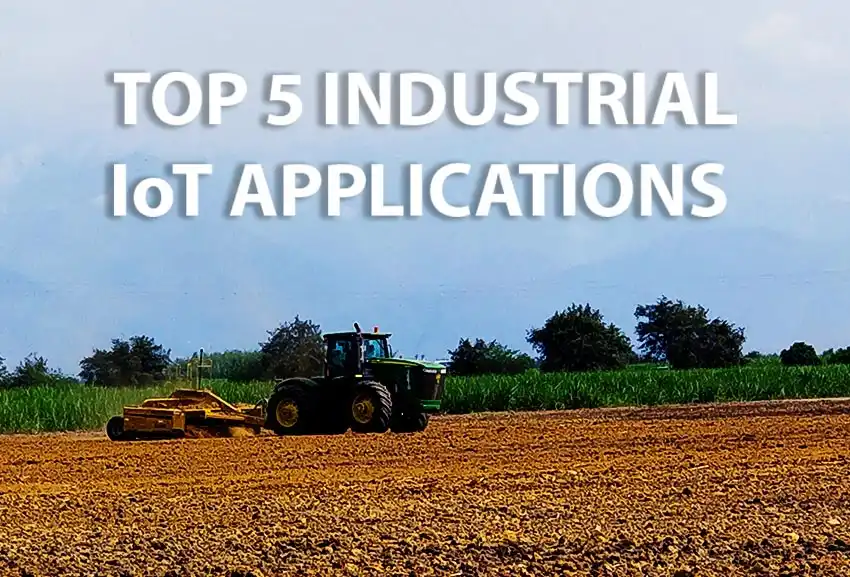If you are reading this article, it means you know the importance of IoT, and hopefully, you are curious about a great combination, IoT with Java. If you don’t understand why this is a powerful duo, we will reveal to you the great benefits of considering this programming language in your projects.
IoT Java – A perfect match for IoT product development
Java, renowned for its portability, scalability, and robustness, has found a natural fit in the IoT ecosystem. Its versatility allows developers to write code that can run on various devices, making it an ideal choice for the diverse ecosystem of IoT.
Let’s see why Java for IoT is a great ally for deploying applications across different platforms, from small embedded devices (see Python IoT) to large-scale servers:
Portability: Java’s platform independence allows code to be written once and executed on any device with a Java Virtual Machine (JVM). This portability is crucial in the diverse and interconnected world of IoT.
Also, bear in mind that Java runs smoothly across several platforms: IoT devices, mobiles, PCs.
Scalability: Whether you’re dealing with a small-scale IoT deployment or a massive network of interconnected devices, Java’s scalability ensures that your applications can grow with your business needs.
This language can handle large amounts of information, which is crucial when it comes to scaling IoT projects.
Security: Security is a top concern in IoT, and Java comes equipped with robust security features. Its sandboxing mechanism and strong authentication make it a trusted choice for handling sensitive data in IoT applications.
Extensive Ecosystem: Java boasts a robust ecosystem encompassing a plethora of libraries and frameworks tailored for IoT development.
This includes Java Embedded SE for compact devices and Java ME designed for resource-constrained devices. A good firmware company can help with programming such devices and making them perform well in any context..
Advantages of Java for IoT

Resource optimization:
Designed for environments with limited resources, Java stands out by minimizing resource usage. This efficiency ensures that IoT devices operate with the least number of resources possible, enhancing overall performance.
Efficient data exchange:
Java Embedded (see IoT programming) facilitates effective data exchange among devices, ensuring that data is shared and utilized precisely when and where it’s needed.
Automatic memory management:
Java’s Virtual Machine (JVM) features automatic memory management, allowing programmers to focus on code or software development rather than spending time or worrying about memory allocation. This simplifies the coding process and enhances overall productivity.
Rapid code implementation:
With over 4000 libraries, Java expedites code implementation and accelerates the development of IoT applications. This extensive library support equips developers with a diverse set of tools, streamlining the coding process.
Widespread usage and global accessibility:
Java is a widely adopted programming language (embedded programming languages) with a broad global market. Its popularity ensures that a larger pool of developers can access and contribute to IoT applications.
As the demand for Internet of Things solutions grows globally, Java’s widespread usage positions it as an accessible and versatile language for developing IoT applications that can quickly gain traction.
Platform-independent development:
Java’s platform independence is a key advantage in embedded applications, where considerations like real-time OS, CPU, and device connection protocols are crucial.
Thanks to the “Write Once, Run Anywhere” (WORA) principle, Java enables developers to code once and run applications on any platform, streamlining cross-platform compatibility.
Examples of IoT devices with Java
You can find several IoT devices examples that leverage the capabilities of Java to deliver seamless and efficient experiences.
For example, in smart home devices, Java for IoT is widely used in thermostats, security cameras, and smart appliances.
Its ability to handle complex functionalities while ensuring cross-compatibility makes it a preferred choice for developers.
Also, IoT Java is used in fleet management sectors. Each tracker and system is programmed with this language to ensure real time monitoring and data transmission at all times.
Wearable IoT devices also benefit from Java. Its low resource consumption and compatibility with various sensors make it an excellent choice for delivering innovative wearable solutions.
Innovative product development with IoT Java
If you are interested in developing a new Internet of Things device and adding Java programming language, you are on the right track. This combination will make your product stand out from the competition.
Get in contact with DeepSea Developments by clicking on the button below, and book a free consultation with our team now.






